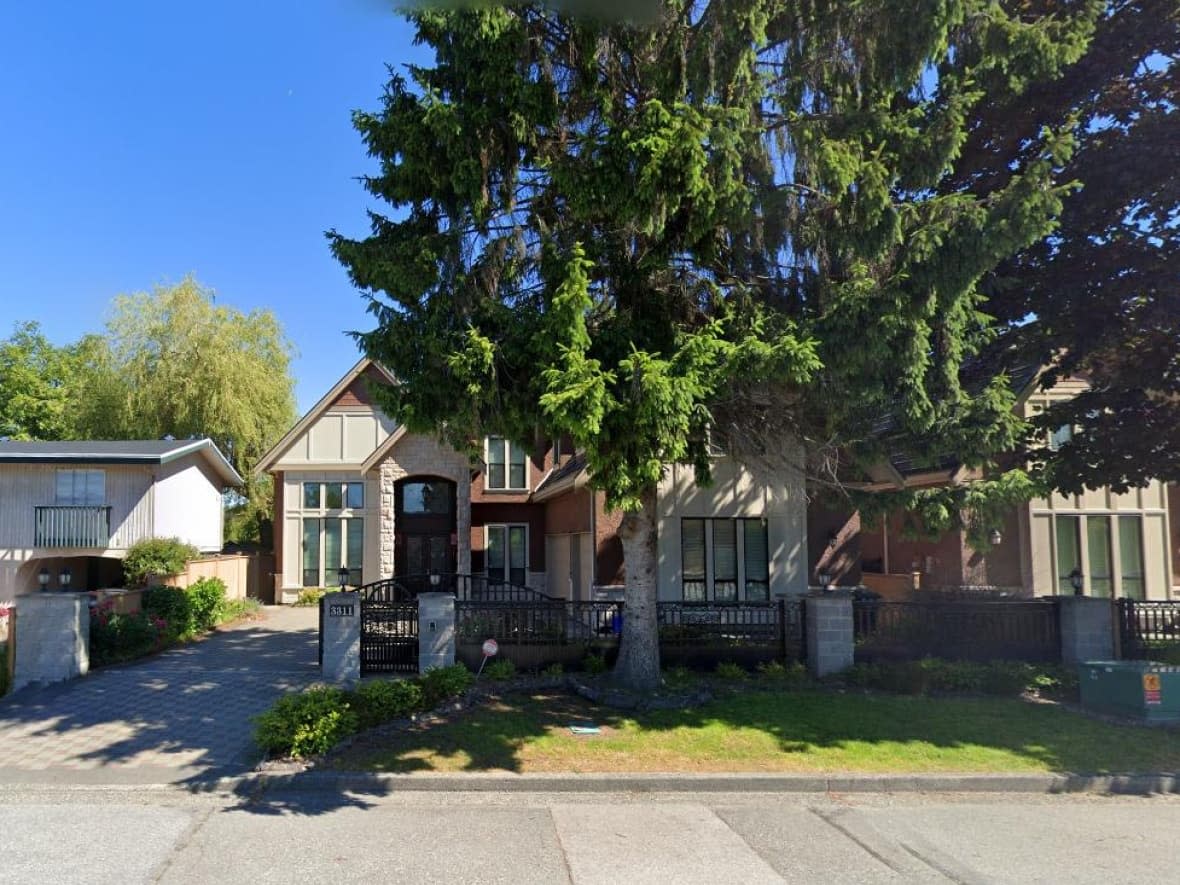Handwritten contract for home sale is legally binding: B.C. court

The bungled sale of a $2.89 million Richmond, B.C., home under a Chinese-language contract was the subject of a recent B.C. Supreme Court decision, with the court ruling the one-page handwritten document outlining the deal is legally binding.
Justice Steven Wilson's Monday ruling brings an apparent end to a nearly seven-year legal tango between two acquaintances who first met in dance class — and then several more times in a courtroom.
Wilson's decision found plaintiff and would-be seller Hong Yang and her husband were entitled to damages after buyer Xue Li failed to pay an $800,000 deposit instalment agreed upon in what the parties called a "Chinese contract."
While another justice refused to decide the case on a summary basis in 2022, Monday's ruling finds that despite different translations, customs and interpretations, Chinese-language contracts are enforceable in British Columbia — in this case, to the tune of nearly half a million dollars.
"I find that the Chinese contract was a valid and binding contract, and that the plaintiffs were ready, willing and able to complete at the closing date," Wilson wrote.
"The plaintiffs were entitled to accept the defendant's breach, which they did, and are entitled to damages."
Buyer lived in the home for nearly 1 year
The ill-fated deal began in 2017, when Yang asked Li for help finding a Realtor to sell the large detached home at 3311 Blundell Rd., and Li said she herself was interested in buying it, according to court documents.
The two parties signed what Wilson calls a "Chinese contract" confirming the terms of the sale on May 4, 2017, and Li and her family moved into the home shortly after.
The one-page document, written entirely in Chinese characters, listed the purchase price at $2.89 million, with a $100,000 deposit upon purchase, $100,000 due on July 10, and $800,000 due by Dec. 30, according to a translation accepted by the court.
The remaining $1.89 million was to be paid after another property Li owned on West 20th Avenue in Vancouver had sold, the ruling says.

Li made both of the first two deposits before her Vancouver property sold in November, but the third $800,000 instalment never came to Yang or her husband, the ruling says.
For five months, until April 2018, Li claimed she had been trying and failing to get approved for a mortgage to cover the difference — even as she obtained mortgages for, and purchased, two other properties in the same period.
"Ms. Li did not provide evidence of any mortgage applications regarding the Blundell [Road] property, and therefore no evidence that she was unsuccessful in obtaining a mortgage," wrote Wilson.
Li and her family moved out of the home on April 25, 13 days after she had made a $2.7 million offer on another property for which she had obtained a mortgage, according to the ruling.
Uncertainties don't void deal: judge
In response to Yang's lawsuit for damages, Li claimed the Chinese contract was not binding or enforceable because it was uncertain, and demanded the $200,000 she had paid be returned.
Li argued that, while unwritten in the Chinese contract, the agreement hinged on her receiving financing for the home in the form of a mortgage.
However Wilson wrote that Li was well aware of the contract's nature, but evidence suggested she did not take the steps necessary to hold up her end of the deal. He also said the uncertainties she argued, including the closing date and interest costs, did not void the contract.
"While I accept that Ms. Li does not read or write English and that her ability to understand spoken English may be limited, I do not accept that she is as unsophisticated or naïve as she portrays," he said.
Yang and her husband eventually sold the Blundell Road home to another buyer in 2018 for approximately $2.4 million, about $400,000 less than what the contract said Li would pay.
After hearing testimony from both plaintiffs and the defendant, Wilson awarded Yang and her husband the difference between the two purchase prices — minus the $200,000 Li had already paid — plus interest, legal costs and around $3,000 in property fees.


